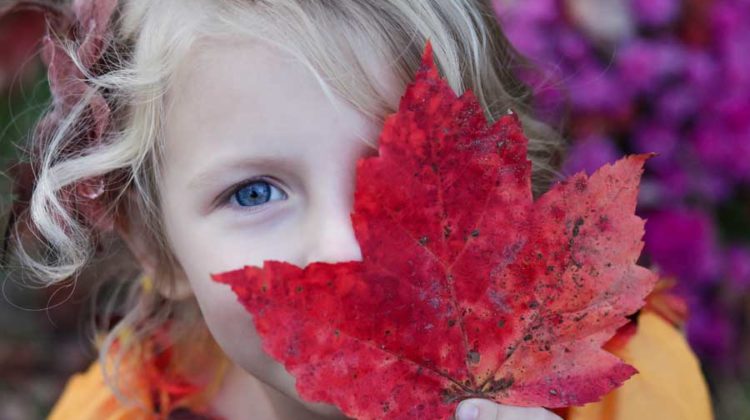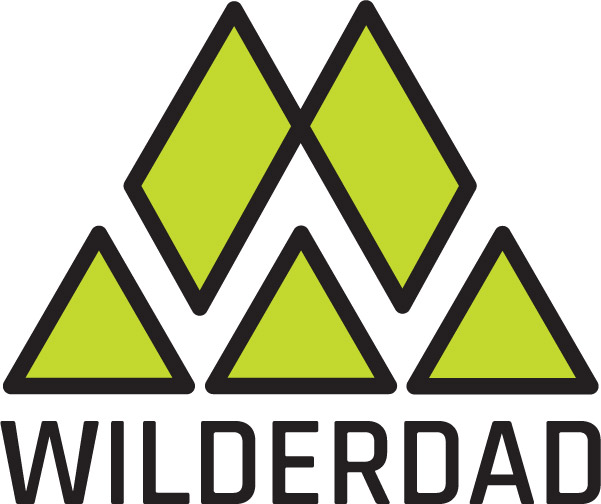
We met on a river.
Coldwater. Clear. A river of trout and the promise of a day.
Her mom went into the hardware store and left me to watch the wild child, a blond-haired, blue-eyed beauty who was not even two. No problem. But when she projectile-vomited because Mom was gone for 15 minutes, doubt washed in.
Her mom has the prettiest fly cast in the land and can row a drift boat with flawless precision. But barf before breakfast, before the boat was even on the water? I didn’t know.
Then we were with the river and squalling that would have shamed a suckling pig turned into happy babble. Chatter. A switch had been flipped. The river took us from the boat ramp, over cobble and sand, down riffle. We landed on a midstream island and cast nymphs into a run and she tottered on the bank and collected rocks. I caught one nice rainbow, then put the fly rod in the boat and helped her find heart-shaped rocks. The fishing was forgotten.
I think about the children of this country sometimes, especially when I see them in our cities. Most have their heads down and don’t look where they are going. The adults are like this too, pounding the sidewalks, engrossed in text messages or yabbering on phones. Earth rotates. Humans mutate.
We go camping. We look at the night sky. She lies between her mom and me in a chaotic nest of blankets and sleeping bags, watching for falling stars. In the morning, we get up and she runs around half naked and covers herself in dirt then rinses off in the tiny stream near camp. We look for bugs and squirrels and wildflowers growing in wet edges of meadows. We walk the pines and happy prattle continues.
Back in the truck and back home, plugged in, carping and discontent. A pattern emerges.
We spent her third birthday on the river. We cooked a birthday cake in a Dutch oven over coals of fir and alder, listening in the falling day to the river toss and turn on its limestone bed. That day, her favorite present was a Skwala stonefly that crawled up her little hand onto her arm and a red heart-shaped rock I found on a gravel bar. Turning three outside. The next year, same river for a birthday party.
She’s five now and she can remember where she was on her third birthday and her fourth. She talks occasionally about Skwala presents and heart-shaped rocks and when I am out in the field, walking behind a gun dog, or climbing a ridge up a slope that whispers to me of bull elk, I think of her. Sometimes, I’ll find a pretty rock and I’ll put it into my pocket or my saddlebag and bring it home to her. On a river this summer, I found the top half of a mussel shell, polished and glittering like an oyster shell from the ocean. She laughed when she saw it and asked me, “buddy, an animal lived in there?”
“Yes, honey, that was his home.”
This is my first go-round in helping to shape a human life at such an early stage. Maybe I’m not doing it right and maybe I’m making all kinds of mistakes. But when she scrapes a knee from falling off a jack-leg fence, or gets a splinter after playing in the woodpile, or a rash on her butt from sitting bare on a bale of hay, I somehow think of those wounds as cleaner, more honest. Maybe I’m wrong.
But I think there’s a rightness in the way of the soil. I think there’s something to be said for a life being jostled by a pack of bird dogs, climbed by the barn cats, or pecked by hens on the nest. When she buries herself in black dirt to her little elbows in the garden helping Mom, or constructs castles in the sandbox nearby, I know a happy kid when I see one. Inside four walls, she glowers. Outside, she glitters.
A few years ago, a filly was born on this little ranch and I named Calamity June. She has grown now, and is past her own fourth birthday. She will not be very big, but she’s as pretty a horse as I’ve ever raised. “That little horse is going to make a little girl really happy some day,” a friend said to me once. I thought to myself, I know just the girls, a little calamity in her own right.
Some day when the world comes up to greet her outside this place, she may not know a salad fork from a dinner fork and the plugged-in world may be a foreign land. But she will know how to work the clutch on an old F250, row a boat, cast a fly line, swing a shotgun. She’ll know where to place the crosshairs and when the job is done, she’ll know where to start with the knife She’ll know how to bake a cake on a Dutch oven and she’ll know that there are stars in the sky.
Tom Reed is the author of Blue Lines: A Fishing Life and Give Me Mountains For My Horses: Journeys of a Backcountry Horseman. This story, Wild Child, originally ran in Trout Unlimited magazine, and is republished here on Wilderdad with the author’s permission.
photo credit: Gabby Orcut

Leave a Reply
You must be logged in to post a comment.